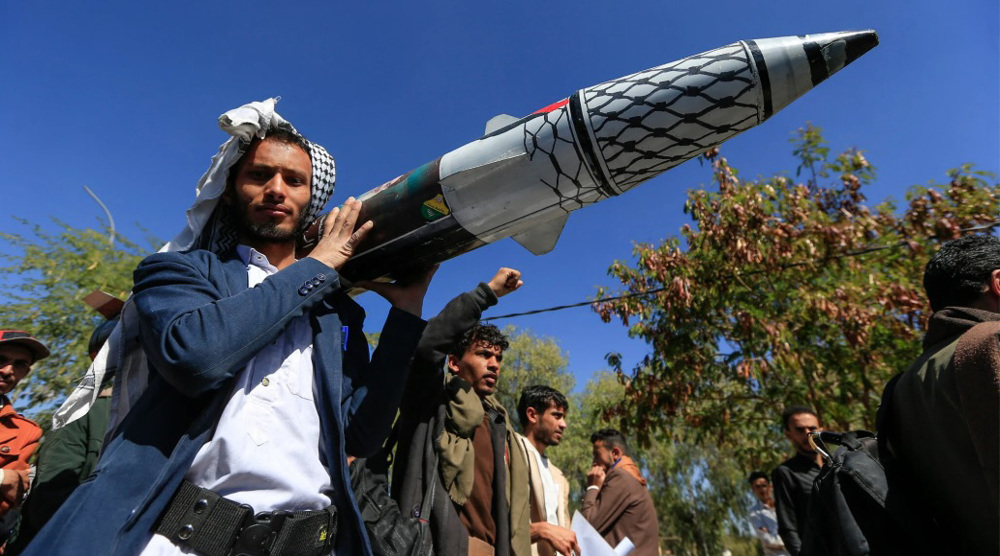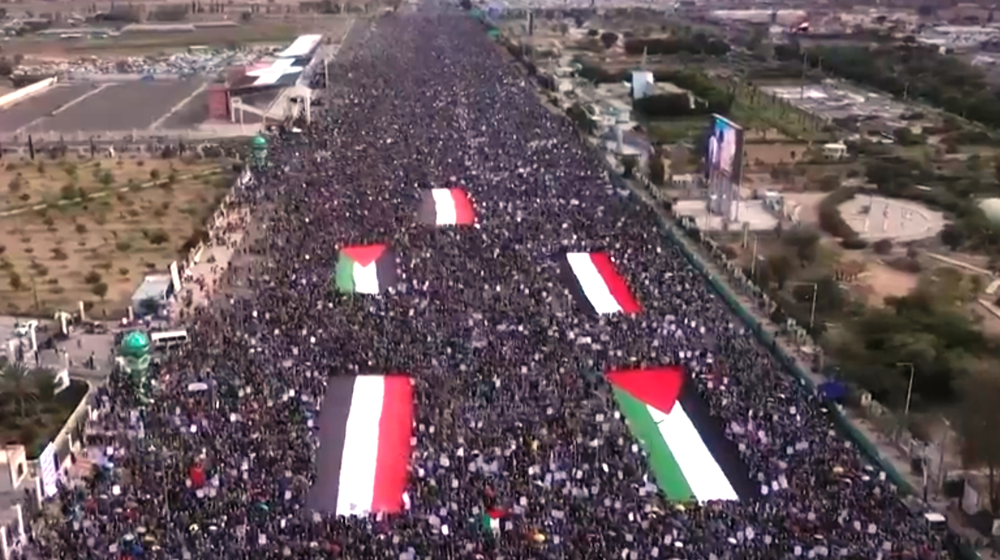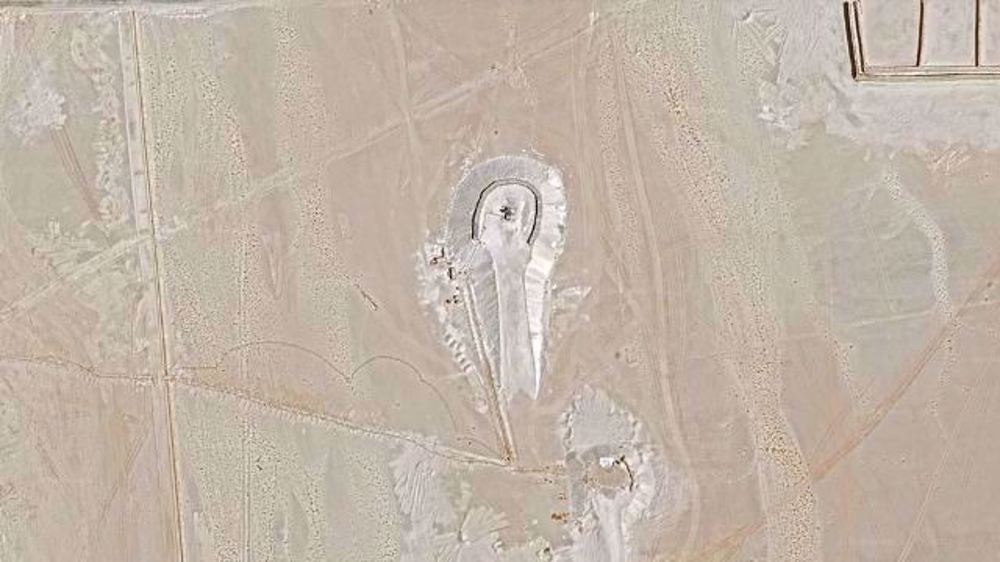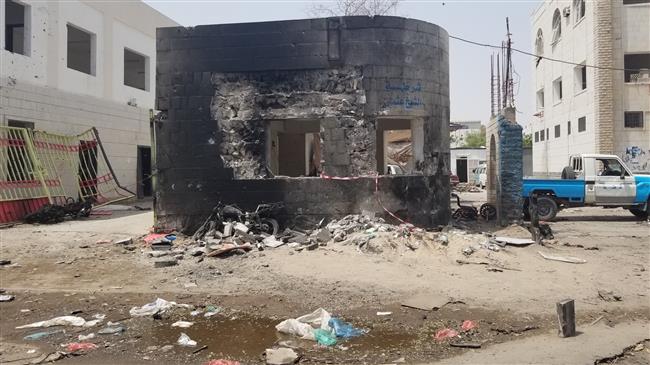Fresh clashes erupt between militants in Yemen's Aden
UAE-backed southern separatists and Saudi-led militia have engaged in fresh fighting in Yemen’s southern port city of Aden amid a growing rift within the Riyadh-led coalition in its war on the impoverished Arab country.
Aden residents said the clashes resumed Saturday dawn between the southern separatists and Saudi-backed militants loyal to ex-Yemeni president Abd Rabbuh Mansur Hadi.
The battles, they added, centered on the all-but empty presidential palace and in a neighborhood, where self-proclaimed interior minister Ahmed al-Mayssari lives.
The minister, however, had left his home during a lull in fighting the previous night, unnamed sources told Reuters.
Saturday's fighting marked a fourth straight day of militant infighting in Aden, a gateway for commercial and aid supplies.
At least eight civilians were killed during Friday's confrontation, according to medical sources.
The Norwegian Refugee Council (NRC), a humanitarian NGO, warned that civilians have been trapped in their homes with dwindling food and water supplies.
"There has been heavy, continuous shelling. We’re still hearing clashes in my neighborhood,” said Amgad, an NRC staff member. “There is no way to get out of the city. Roads are closed and it is not safe. People are scared. We hope this will end soon.”
Also on Saturday, UN Secretary General Antonio Guterres voiced concerns about the violent Aden clashes.
In a statement, he urged rival parties to cease hostilities and "engage in an inclusive dialogue to resolve their differences and address the legitimate concerns of all Yemenis."
The Aden clashes broke out on Wednesday after southern separatists accused a political party allied to Hadi of complicity in last week’s retaliatory missile attack by Yemen’s Houthi Ansarullah movement on a military parade.
The militant infighting in Aden has exposed splits in the Saudi-led coalition.
Both the UAE-sponsored separatists and the Saudi-backed pro-Hadi militants serve the Riyadh-led coalition, and have been engaged, since 2015, in a bloody military campaign against Yemen aimed at reinstating Hadi.
The former president resigned in 2014 and later fled to the Saudi capital.
Ties between the two sides have soured over a number of issues, including what the Yemenis view as Abu Dhabi’s intention to occupy Yemen’s strategic Socotra Island and gain dominance over the major waterways in the region.
Last month, the UAE announced a surprise plan to withdraw part its troops from Yemen, largely because Abu Dhabi believes the war appears to have become “unwinnable”, according to US reports.

Yemeni ballistic missile triggers sirens across Israeli-occupied territories

Yemenis hold nationwide rallies to condemn US aggression, support Palestine

UAE deploys radar in Somalia to monitor Yemen’s anti-Israel strikes
Yemeni ballistic missile triggers sirens across Israeli-occupied territories
VIDEO | Press TV's news headlines
VIDEO | Russia to begin gas supplies to Iran via Azerbaijan, boosting energy ties
VIDEO | Protesters in Damascus slam Arab silence on Gaza
VIDEO | S African protestors decry America’s ongoing support for global aggression
VIDEO | Spokesperson: EU committed to diplomatic solution with Iran
Iran, Oman discuss arrangements for third round of indirect Tehran-Washington talks
Iran offers mediation as India-Pakistan tensions escalate













 This makes it easy to access the Press TV website
This makes it easy to access the Press TV website